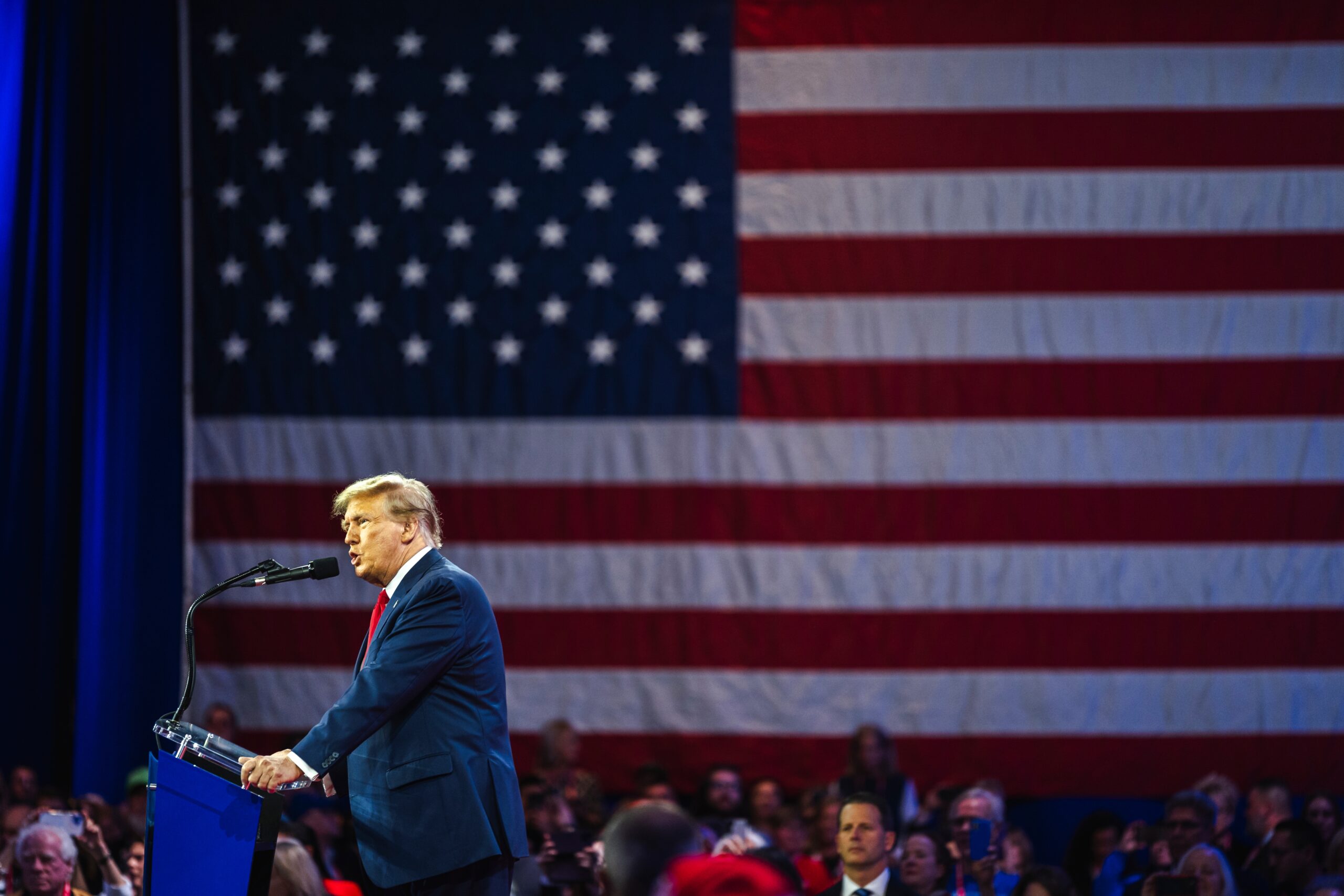The judicial decision on former President Donald Trump’s removal of Shira Perlmutter from the U.S. Copyright Office highlights ongoing tensions in government and tech regulation.
At a Glance
- Trump successfully defended the removal of Shira Perlmutter as U.S. Copyright Office director.
- Judge Timothy Kelly denied Perlmutter’s emergency plea for reinstatement.
- The case emphasizes the impact on judicial influence and tech regulation.
- Democratic critics voice concerns over separation of powers and Congressional authority.
Court Ruling and Immediate Reactions
Shira Perlmutter, previously the head of the U.S. Copyright Office, filed a lawsuit after her removal by the Trump administration, arguing her dismissal was “unlawful and ineffective.” District Judge Timothy Kelly, appointed by Trump, declined Perlmutter’s bid for emergency reinstatement, citing no irreparable harm would occur if she remained unemployed pending litigation. Democrat Joe Morelle criticized the move as a significant overreach of executive power with potentially wide-ranging consequences.
Perlmutter’s lawsuit claimed the President’s appointment of Todd Blanche as interim Librarian of Congress violated legal procedures, as only the Librarian of Congress can appoint or remove the Register of Copyrights. The President’s temporary appointment of Blanche was contested, questioning its legality and effect on leading officials.
Broader Implications for Tech and Governance
The U.S. Copyright Office, responsible for advising Congress on copyright policies, plays a key role in the regulation of tech. Critics argue that Trump’s decision could disrupt the advisory balance between Congress and the executive branch. The case also highlights debates around the use of copyrighted works in AI model training, an area where rapid innovation often clashes with existing legal frameworks.
Quote: “Donald Trump’s termination of Register of Copyrights, Shira Perlmutter, is a brazen, unprecedented power grab with no legal basis. It is surely no coincidence he acted less than a day after she refused to rubber-stamp Elon Musk’s efforts to mine troves of copyrighted works to train AI models” – Democratic Rep. Joe Morelle of New York
Democratic Rep. Joe Morelle further argued that the dismissal came shortly after Perlmutter declined to support Musk’s AI initiatives, framing the event as improper influence from the tech industry on government procedures.
Judicial and Legislative Challenges Ahead
As the lawsuit progresses, it underscores ongoing challenges in American governance concerning executive power and its limits. Perlmutter seeks an injunction to prevent Blanche’s actions as acting Librarian and to affirm her reinstatement. The court’s ruling could determine future boundaries for presidential influence over independent governmental offices, influencing legislation that regulates burgeoning industries, like AI development.
Quote: “In short, the President’s attempt to name Mr. Blanche as acting Librarian of Congress was unlawful and ineffective, and therefore Mr. Blanche cannot remove or replace Ms. Perlmutter” – Shira Perlmutter
Legal experts and policymakers will be closely watching this case for its implications on the balance of powers. As issues like AI continue to develop, defining the roles and authority within federal government frameworks could become increasingly crucial.






